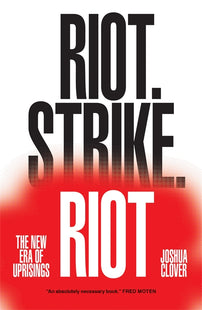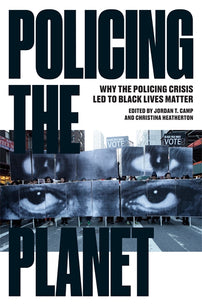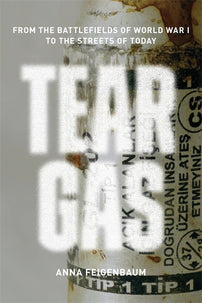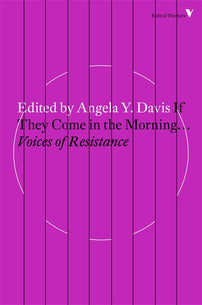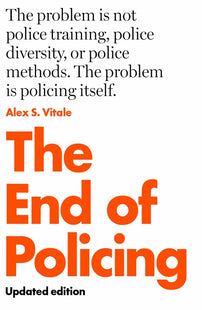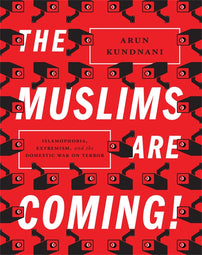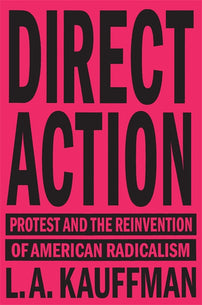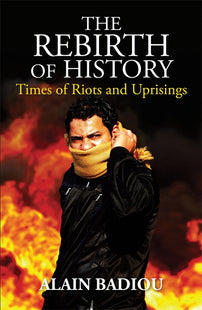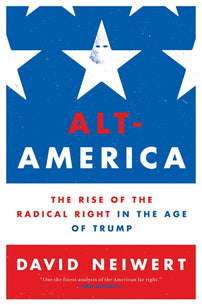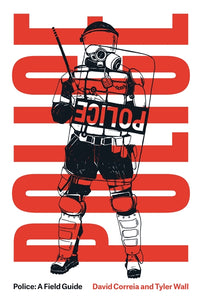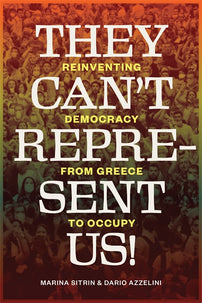Status Quo, No Anti: On Contrariness and the #J20 trials
Absurd at it will seem, this episode of prosecutorial overreach should not be laughed off, even with a first set of acquittals in hand. Its obscene falsity has within it a moment of truth.

As anyone who has ever gone to trial on a jailable offense will tell you, acquittal is like walking out of the lion’s jaws — even if you are exiting the courtroom into the same stained world you have been strolling through while out on bail, it feels like ecstasy. Jail is awful and prison is worse. The winter solstice was ecstatic for the first six “#J20” defendants to go to trial for protesting the presidential inauguration almost a year previous: not guilty on all counts. There are 188 defendants to go.
The trial has been covered in admirable detail by upstart news collective Unicorn Riot; there have been significant notices in a few outlets, a podcast here and there, and an incisive essay by Sam Adler-Bell. That said, the trial has to this point been dramatically underreported. It is not extraordinarily newsworthy that people protested this or any president’s ascension, and while the intensity of the J20 protests perhaps presaged the heightened dramatization of street politics that has marked a year of neofascism rising, the inauguration actions themselves did not exceed expectations. Indeed, the disturbances were entirely staid compared to, say, current unrest over pension reforms in Argentina. Nor was the police response, while repugnant, outside the norms of contemporary policing. It featured gleeful and indiscriminate use of chemical (among other) weapons, arbitrary street sweeping and mass kettling, and prolonged detention; that’s just what cops do. The extraordinary feature has been the courts’ ambition: the charges set forth against north of 200 people should terrify everyone. It is these that should have been covered regularly by national outlets.
In short, the U.S. Attorney’s Office for the District of Columbia asserted the sort of guilt by association which we have long been assured is excluded by law: that everyone who was at any time part of the march in question or, fuck it, just in the vicinity, was fully culpable for each of the few broken windows and hurled objects. This was coupled with a zero kelvin vision of intent wherein anyone who showed up for an “anti-capitalist, anti-fascist” march planned destruction and plunder simply by virtue of taking a walk under that rubric. Even worse if you left the house carrying first aid supplies, or knew the word “kettle,” or wore black. The DA admitted that none of the six defendants could be tied to any incident of property destruction, or any other crime, except via this doubly novel argument about association and intent. They went for it anyway, and went hard. The jury was asked to convict on five counts of felony property destruction plus misdemeanor rioting and misdemeanor conspiracy to riot (an additional incitement to riot charge was tossed by the otherwise credulous judge). I suspect that “riot” will be a legal keyword for some time to come.
“Without contraries there is no progression,” wrote William Blake. And yet the district attorney’s scheme has been, not to put too fine a point in it, to remap contrariness as the precinct of felons. Such a prosecutorial strategy designs quite openly to restructure public politics. Should such a legal approach be validated, one might arrest and convict the entirety of, for example, any given Occupy encampment or whatever its next iteration will be. Or a Fuck The Police march, a Black Lives Matter demonstration, or the people who showed up to stop the neo-Nazis in Charlottesville. One can see swiftly that the state’s position would effectively compel all citizens to agree with the current social dispensation, whatever it is, at peril of being charged with all the crimes purportedly committed by anyone else who also disagrees. It envisages a world all status quo, no anti. Political scientists can stage their invidious debates about whether we have entered into fascism or not, but if identifying publicly as an antifascist or anticapitalist becomes a prima facie basis for criminal prosecution, I do believe we are few panel discussions past asked and answered.
The details of the prosecution’s case, featuring not just the innovation of the argument but the open racism and sympathy for the “alt-right” running through the police force in question, can be found in accounts at Unicorn Riot and It’s Going Down. The defense was minimal, surely because one can only turn to the jury and mutter “this is bonkers” so many times. In the end, the jury agreed. As one juror summarized, “The prosecution helpfully acknowledged it had no knowledge that any defendants committed an act of violence or vandalism.” They added, “before the defense even uttered a sound, it was clear to me that ultimately we would find everyone not guilty.”
Counting on juries to do the right thing is a losing strategy in general, however. They are part of the lion. It is worth noting at least two things. First, these trials will continue for the next ten months. Each must be fought anew; some will be more closely contested; juries will differ; the defendants still need your support. Please help. If you were going to buy my book, donate instead and send me an email. We’ll work it out.
Second, absurd at it will seem to many readers, this episode of prosecutorial overreach should not be laughed off, even with a first set of acquittals in hand. Its obscene falsity has within it a moment of truth. The overreach is in fact familiar. It is structurally congruent with the broad hysteria about “antifa” that has swelled over the last year. The ludicrous claims about the level of violence, the fantastic danger to public order they pose, the delusion that a couple episodes of vandalism are in fact mass felonies to be hung on everyone dressed in black, self-evidently conspirators…you can see where this is going. The specter evoked by the U.S. Attorney’s Office in the J20 trials has been conjured already, over and over, not just by the president or a handful of dolts with fashy haircuts but by the New York Times and any number of other centrist and even liberal outlets. And behind this, a larger matter still, is the criminalization of the Movement for Black Lives — underwritten by the unsayable premise that blackness is itself a kind of antistate violence, leaving your house while black a kind of political intent. These ideas permeate our culture. We should not be surprised to see legal norms hustling to come abreast of social commonplaces. Now is the time for all of our contrariness; we should be prepared to fight.
[book-strip index="1" style="display"]